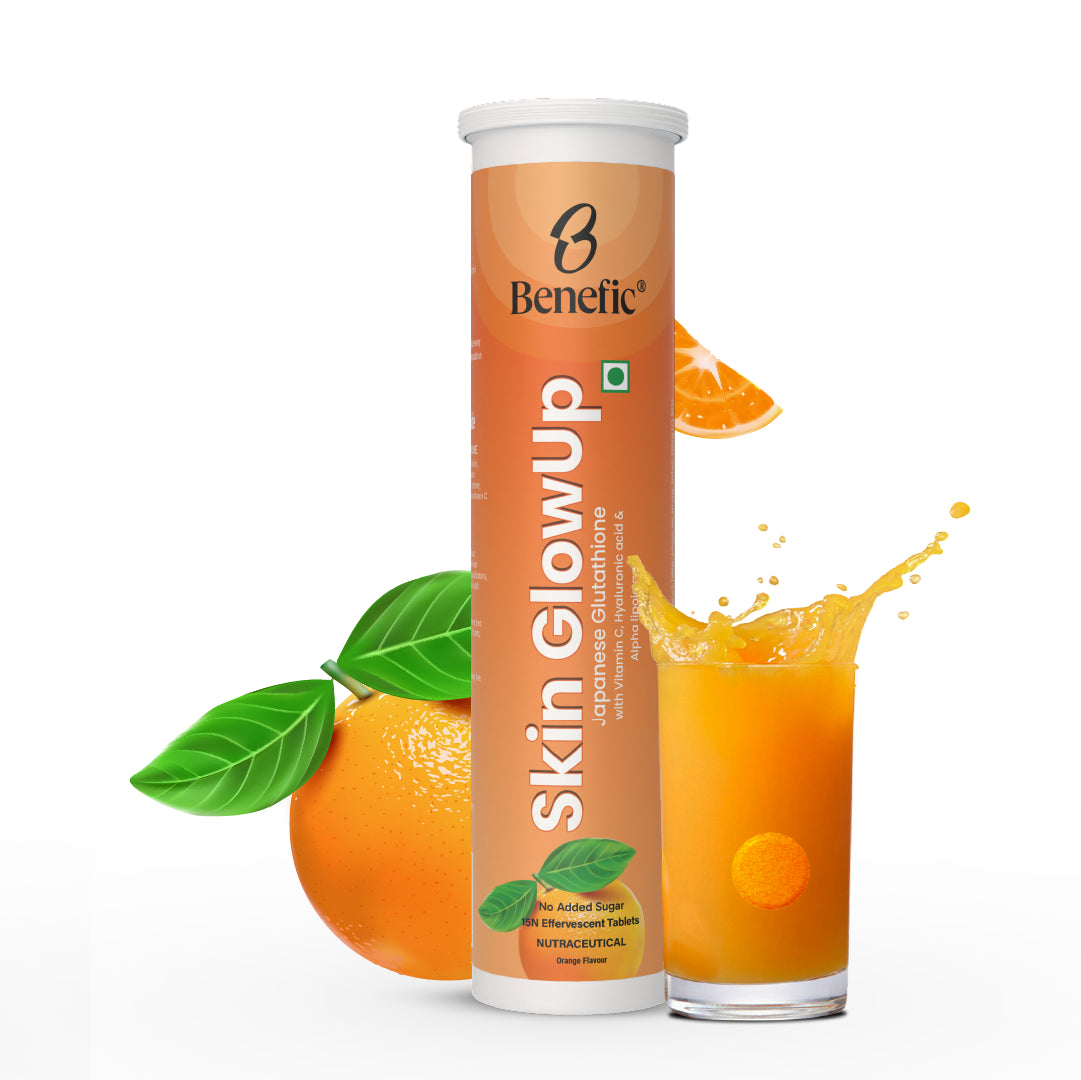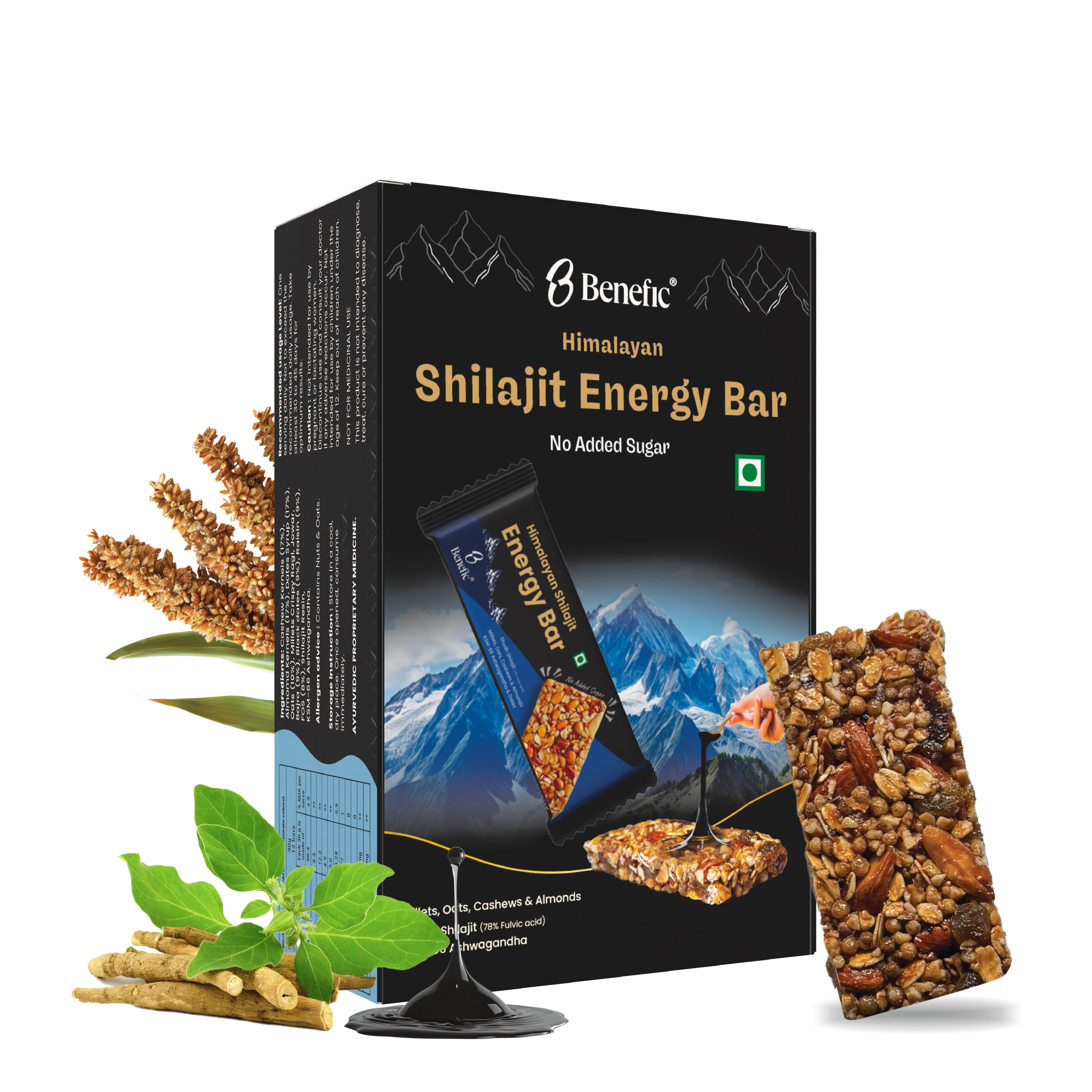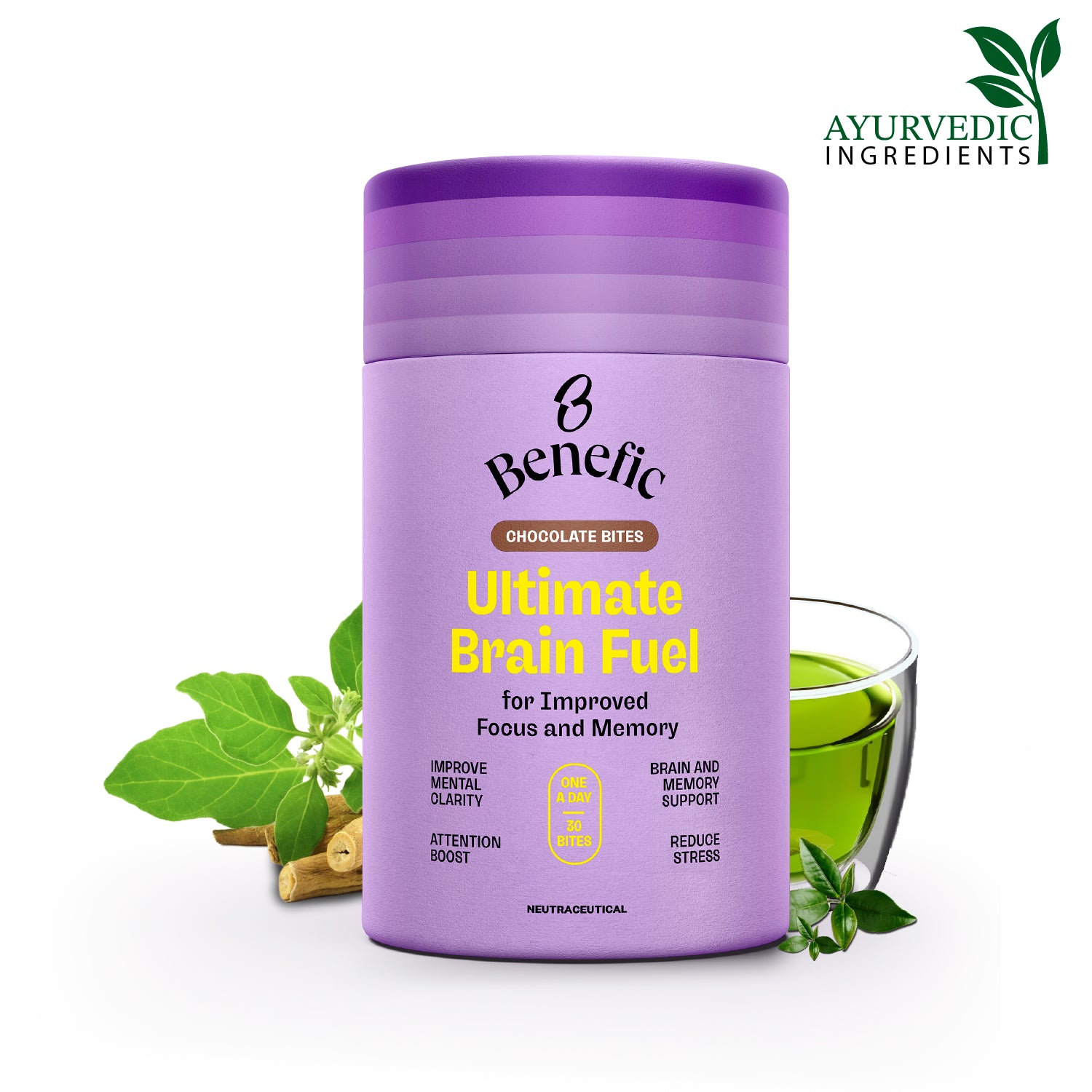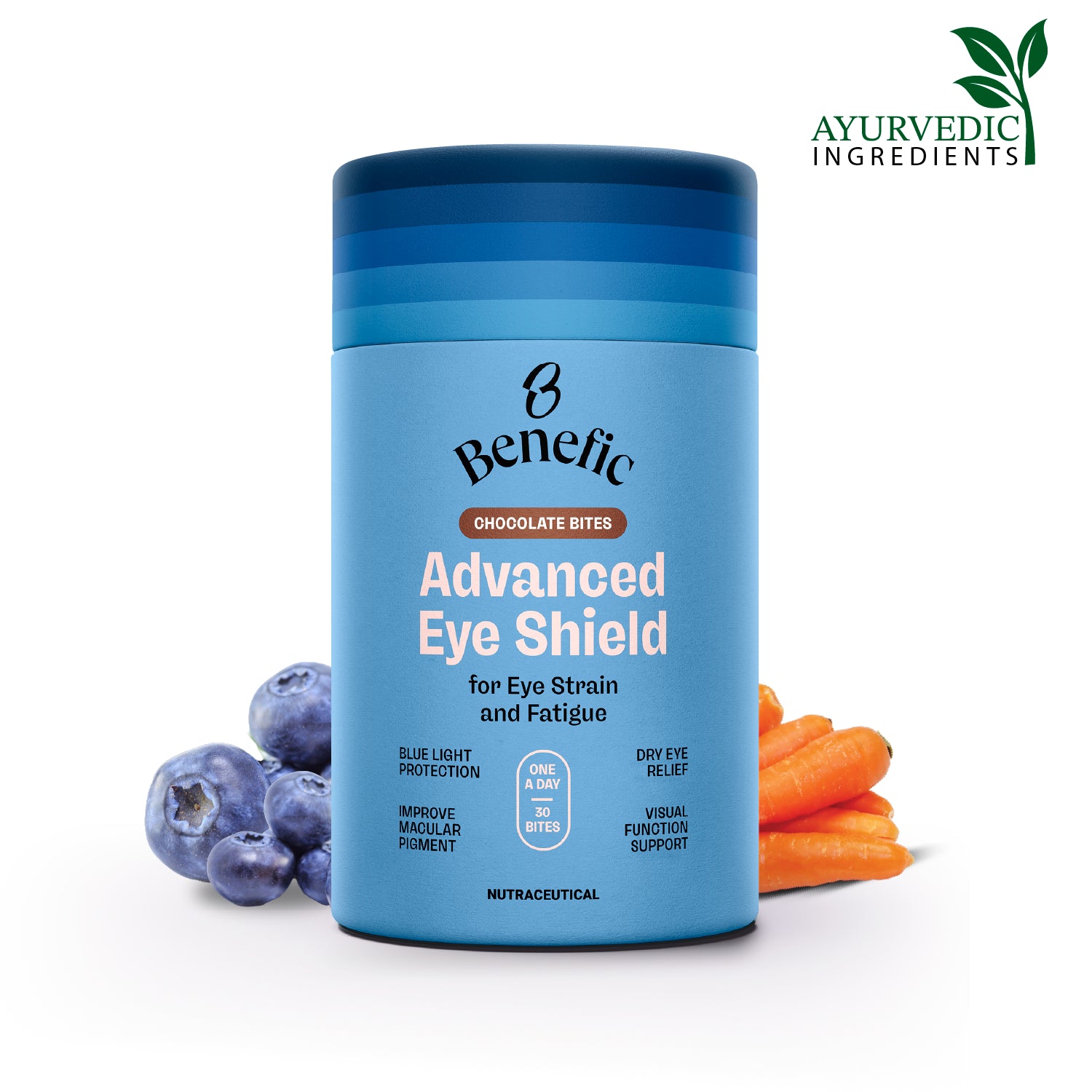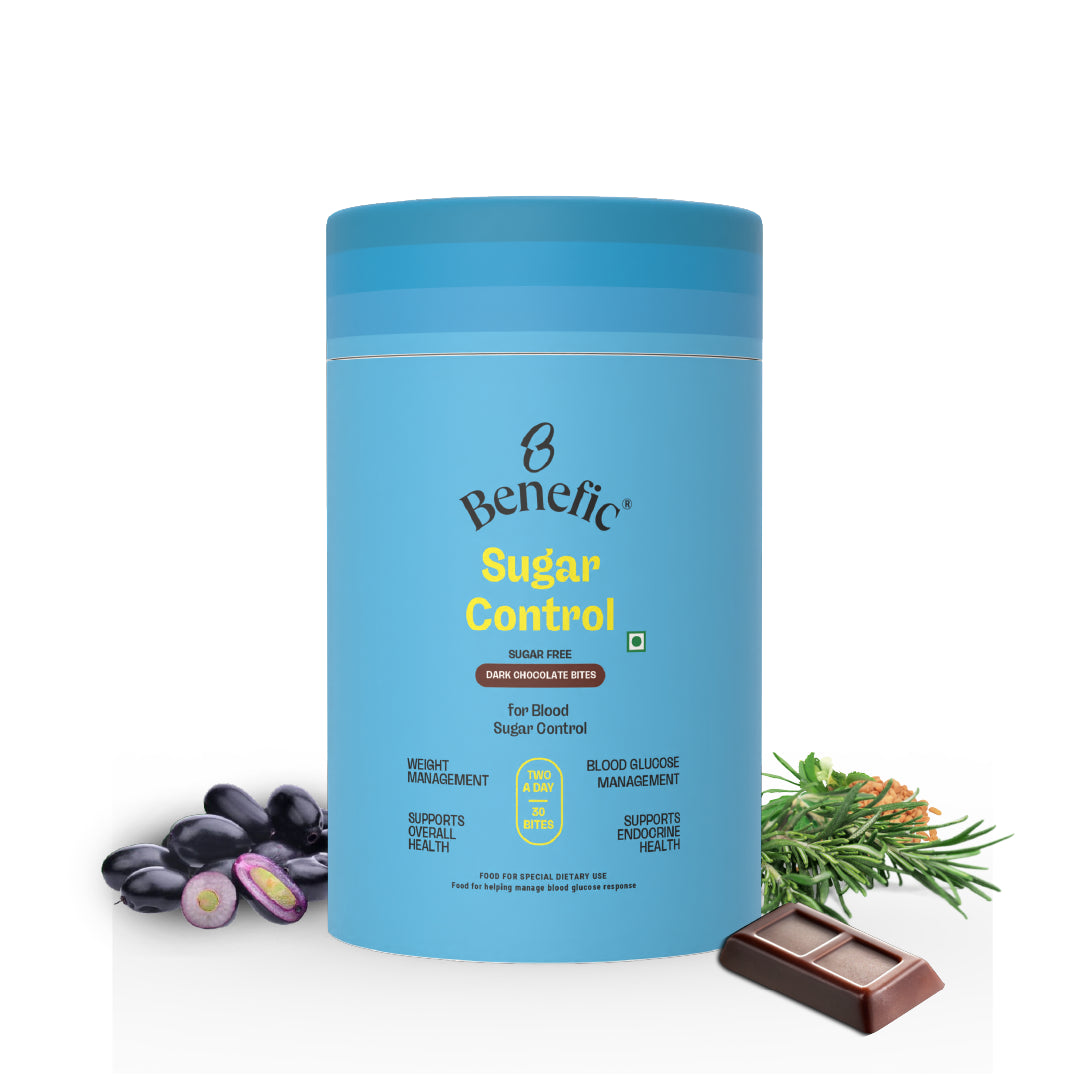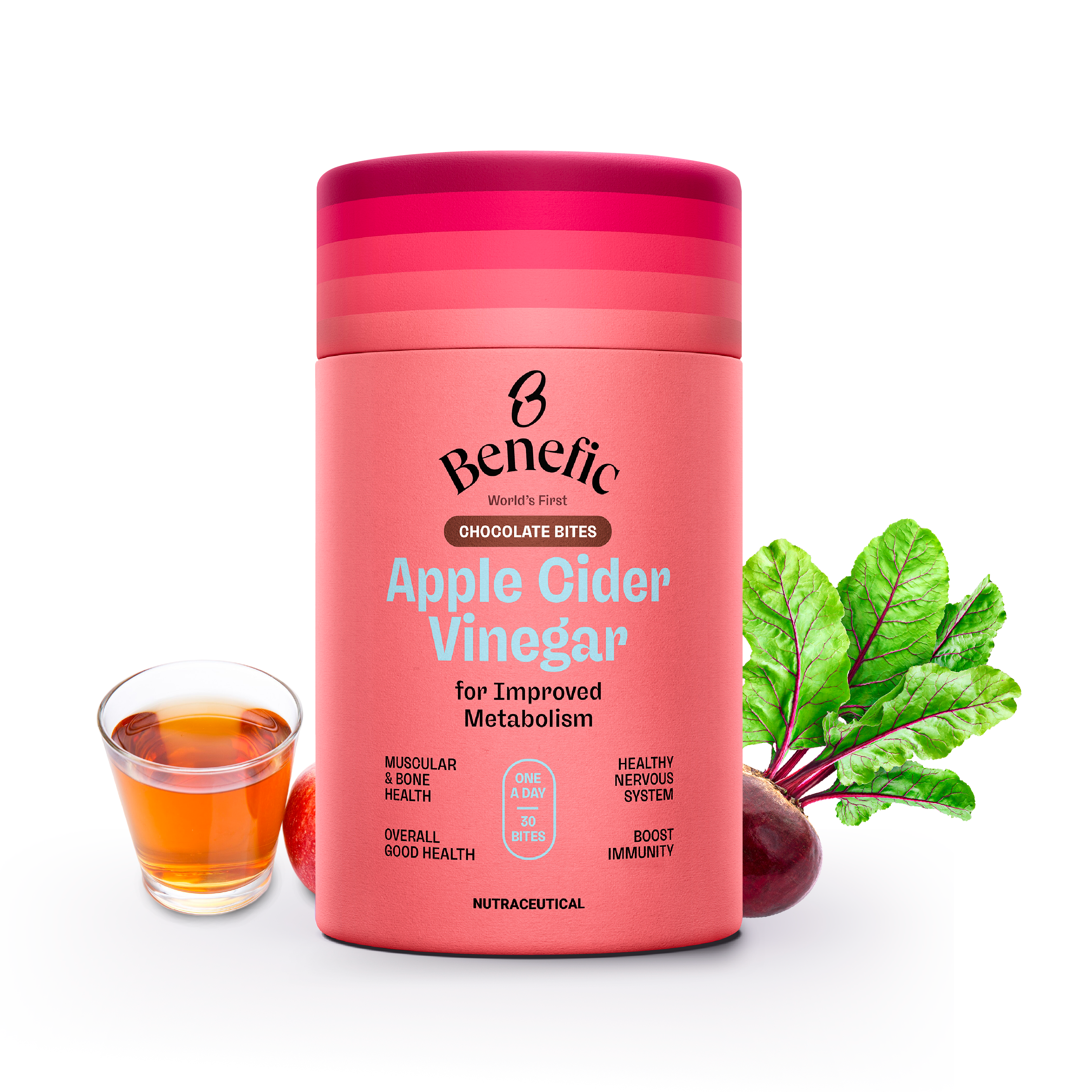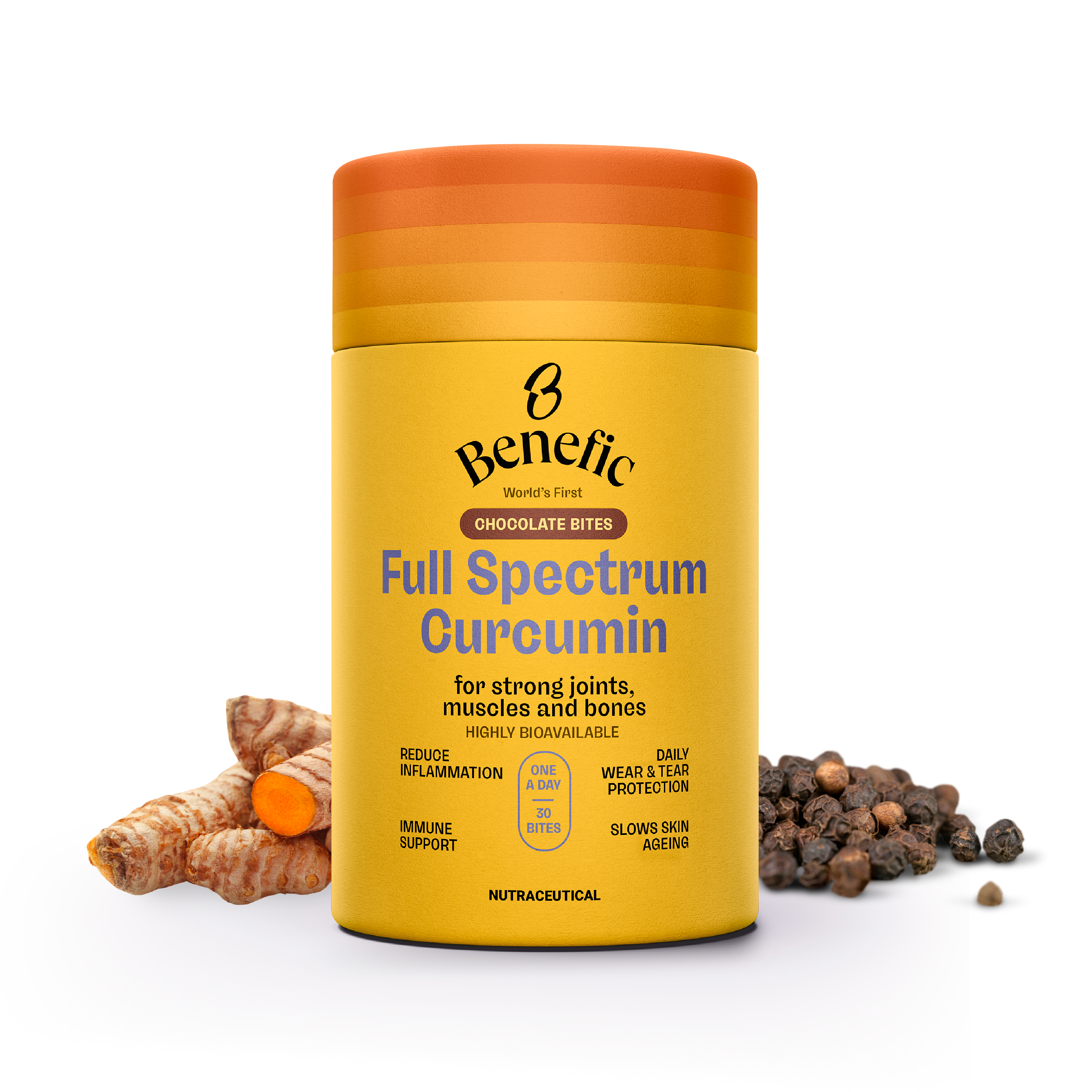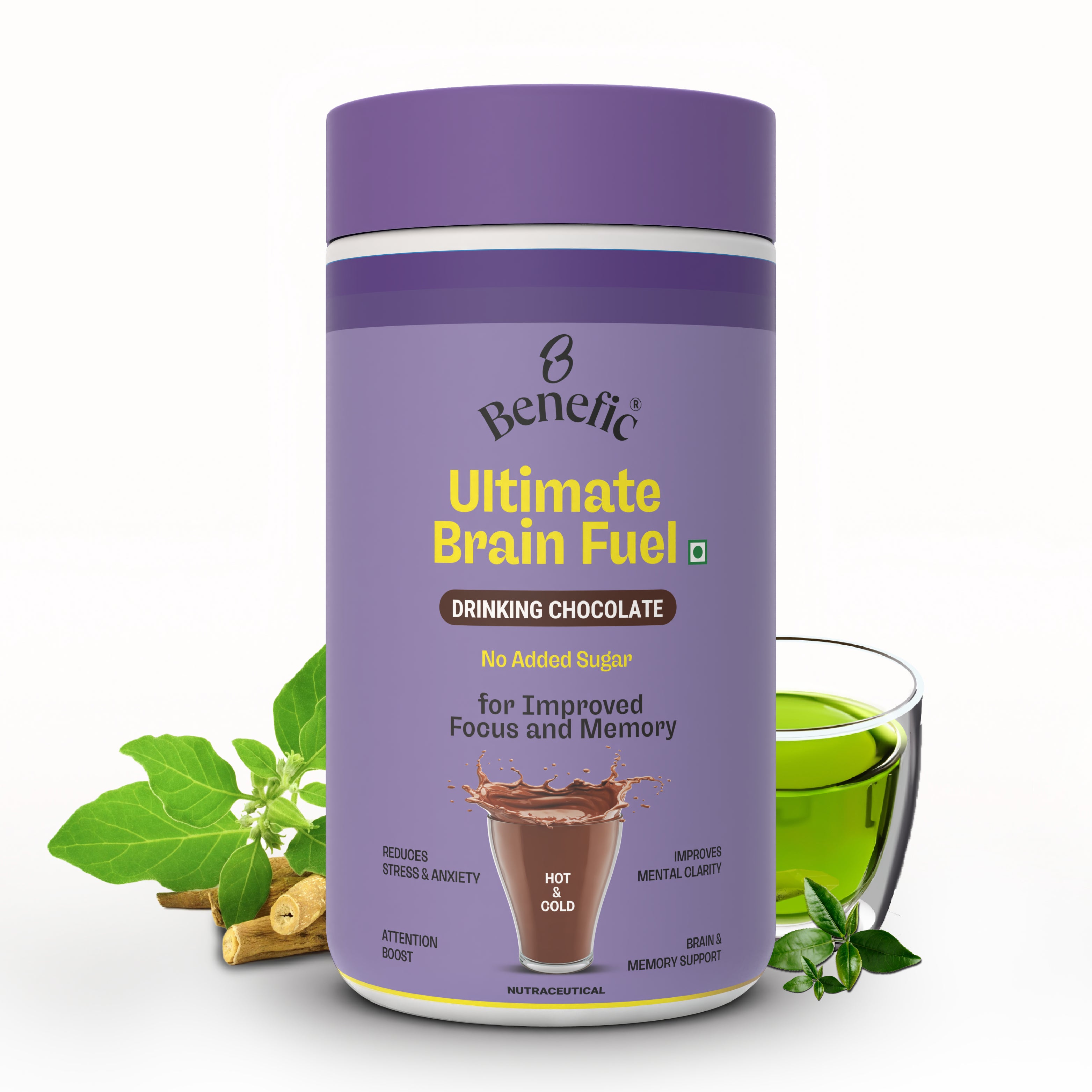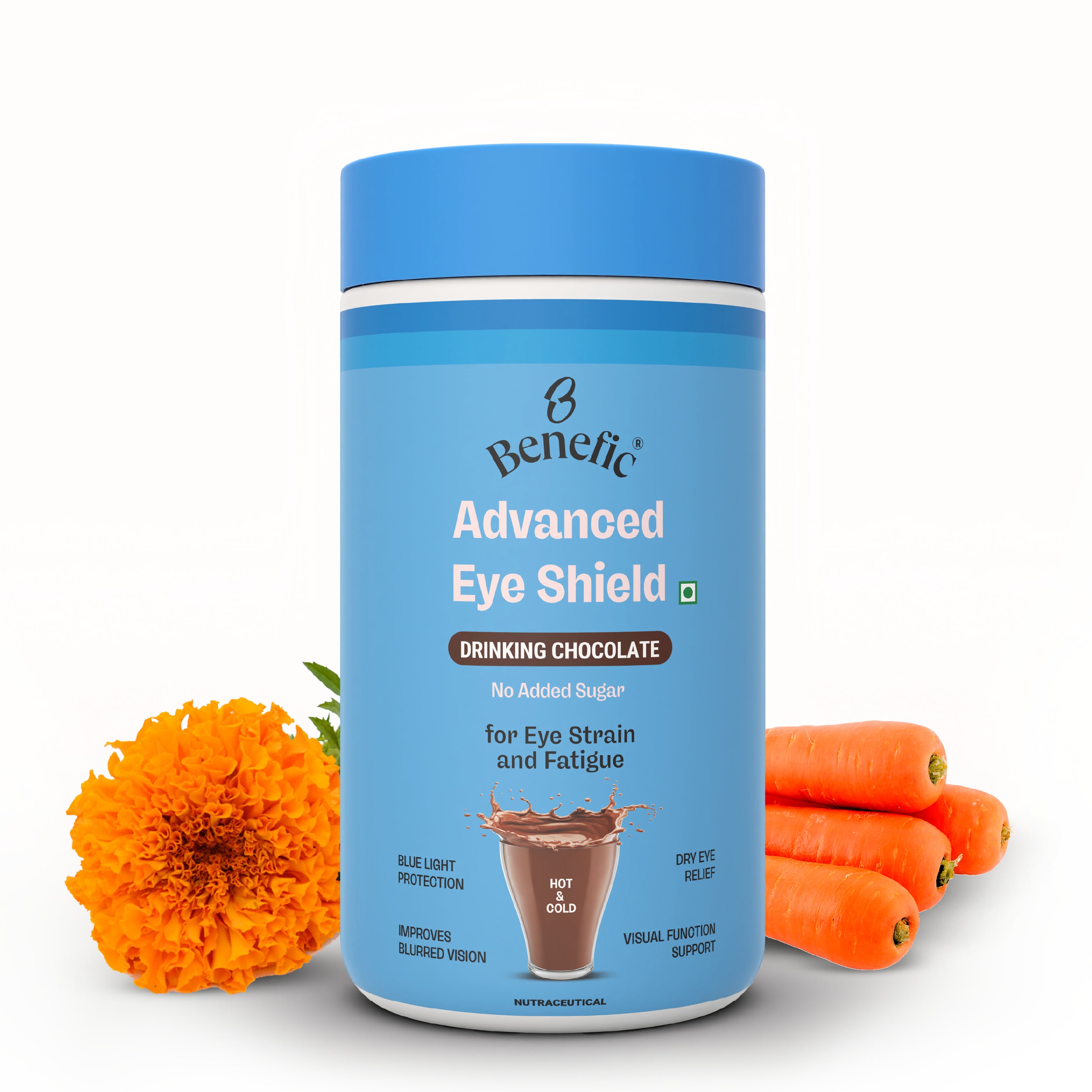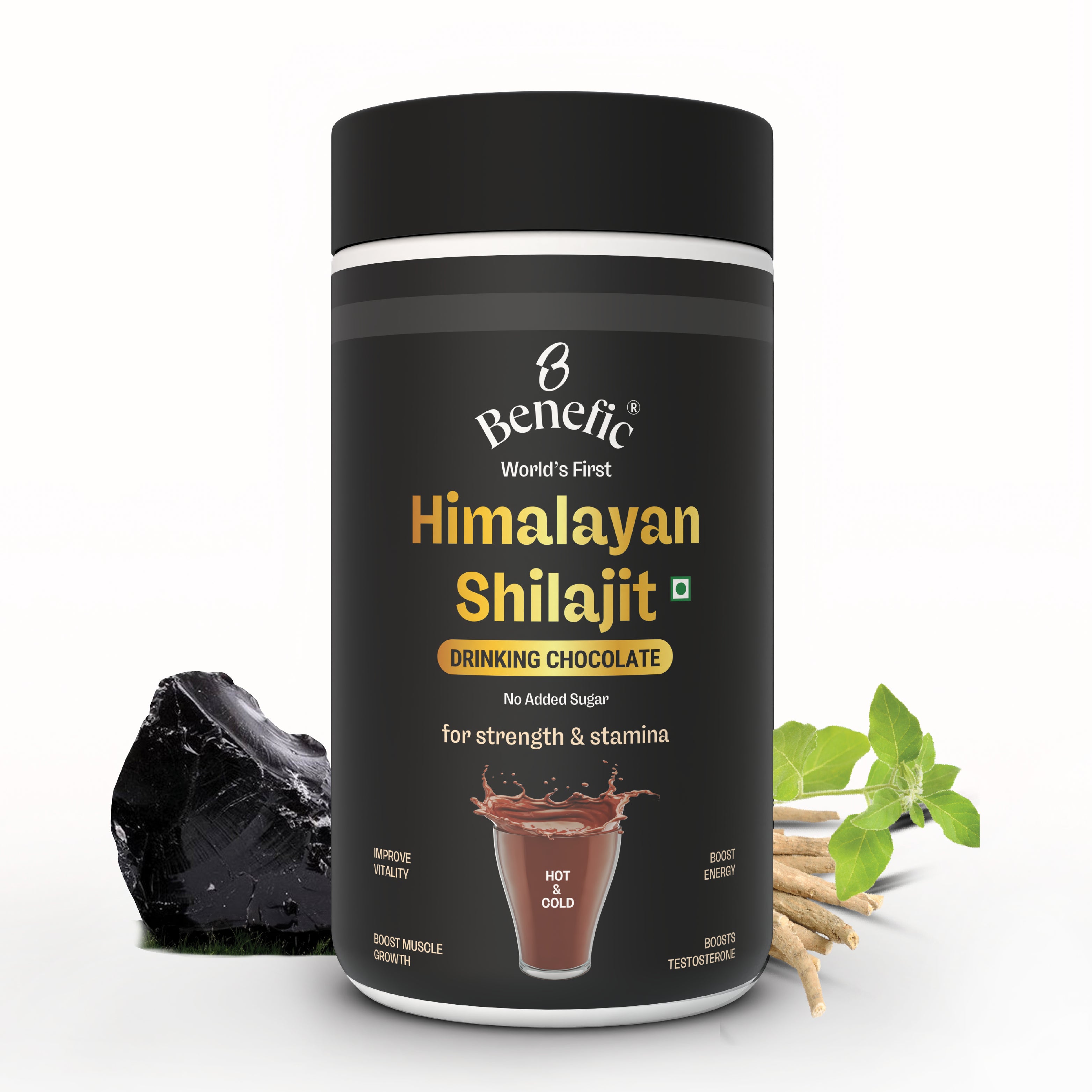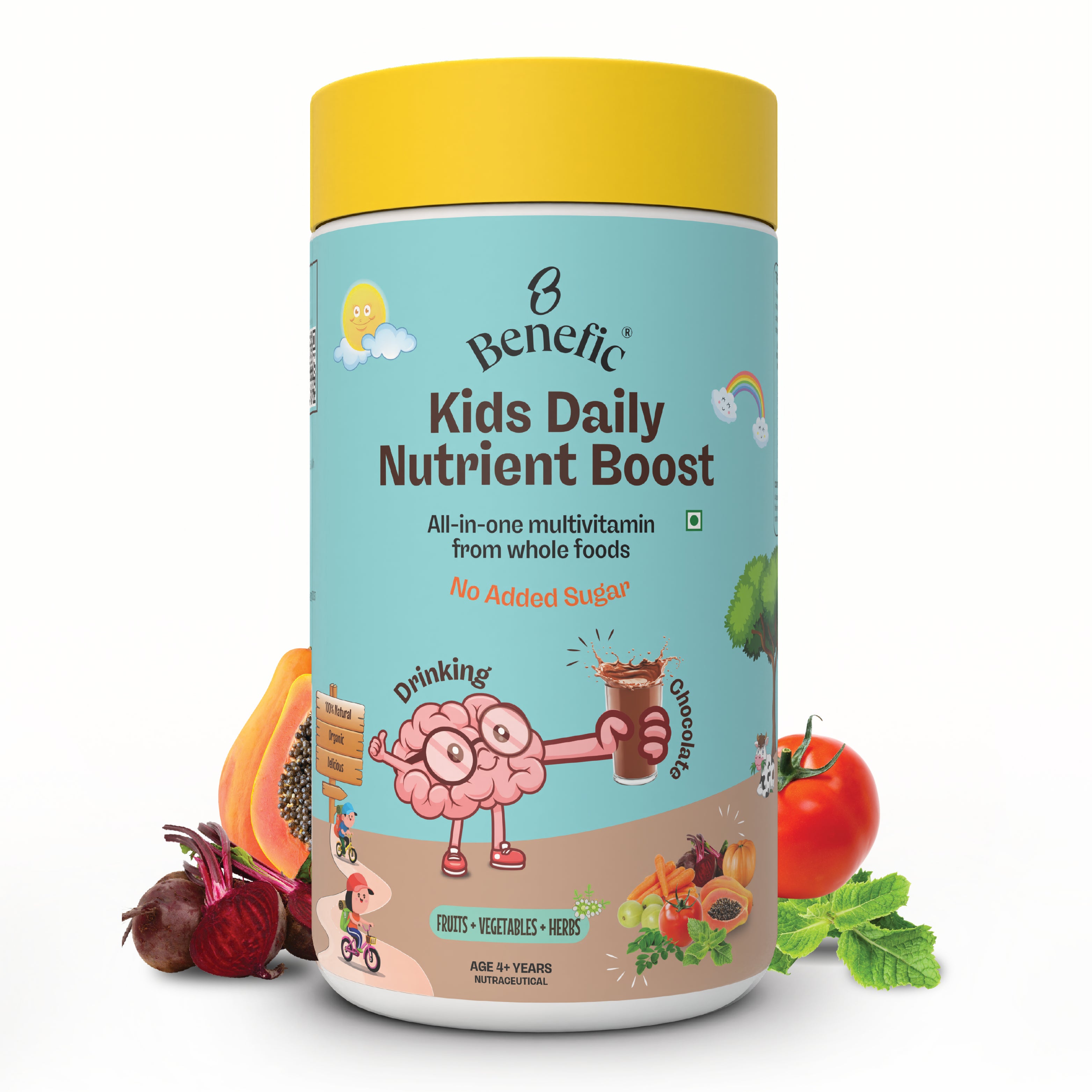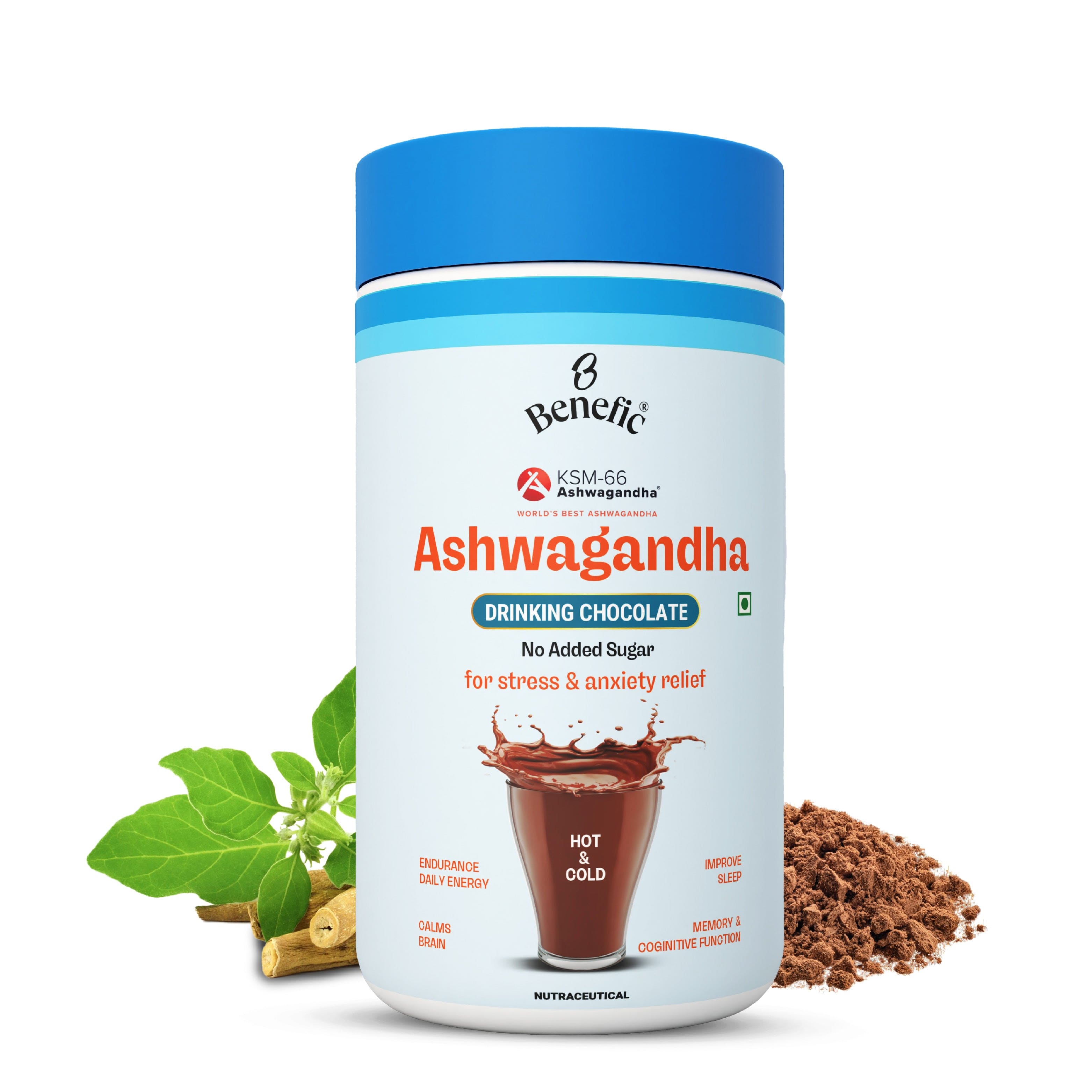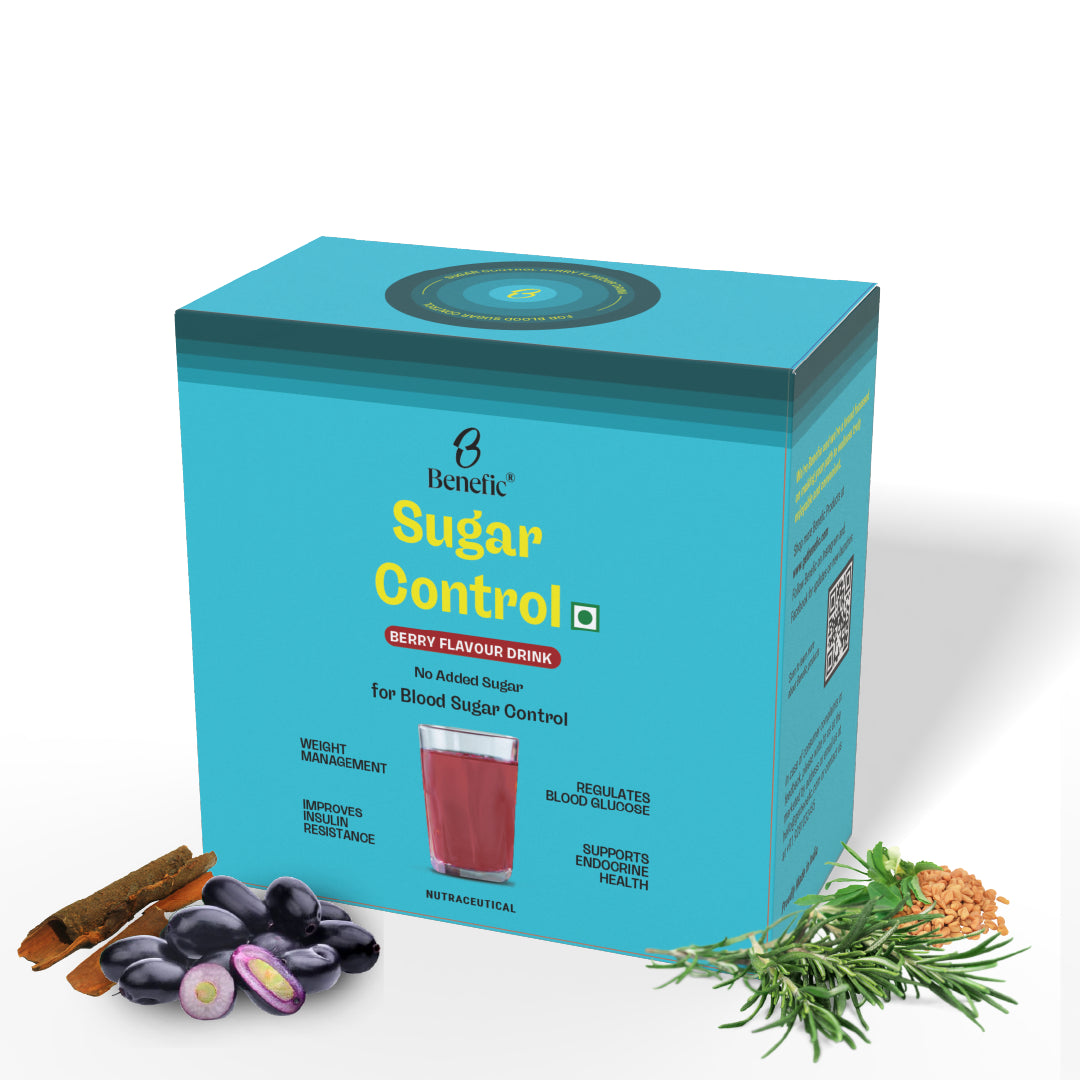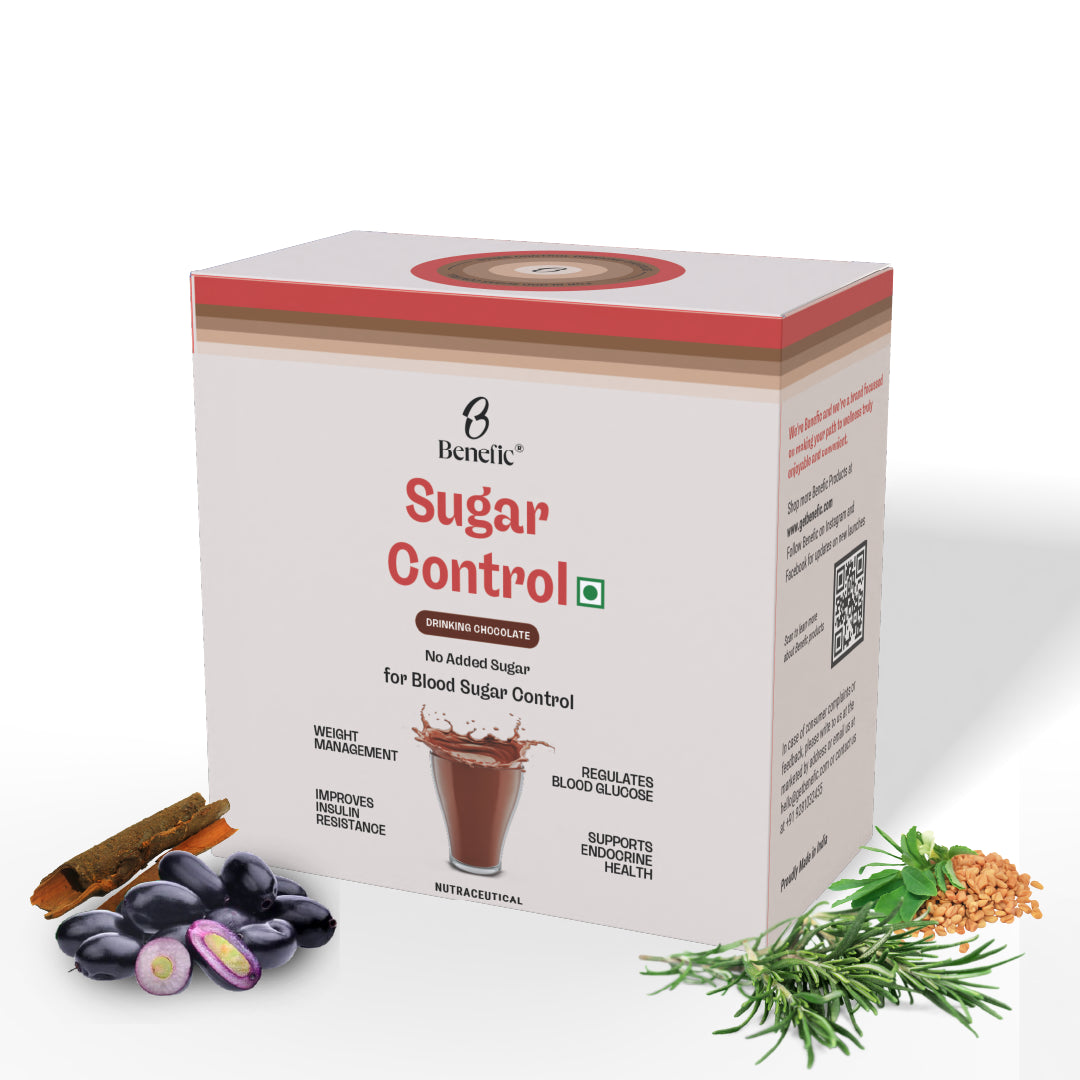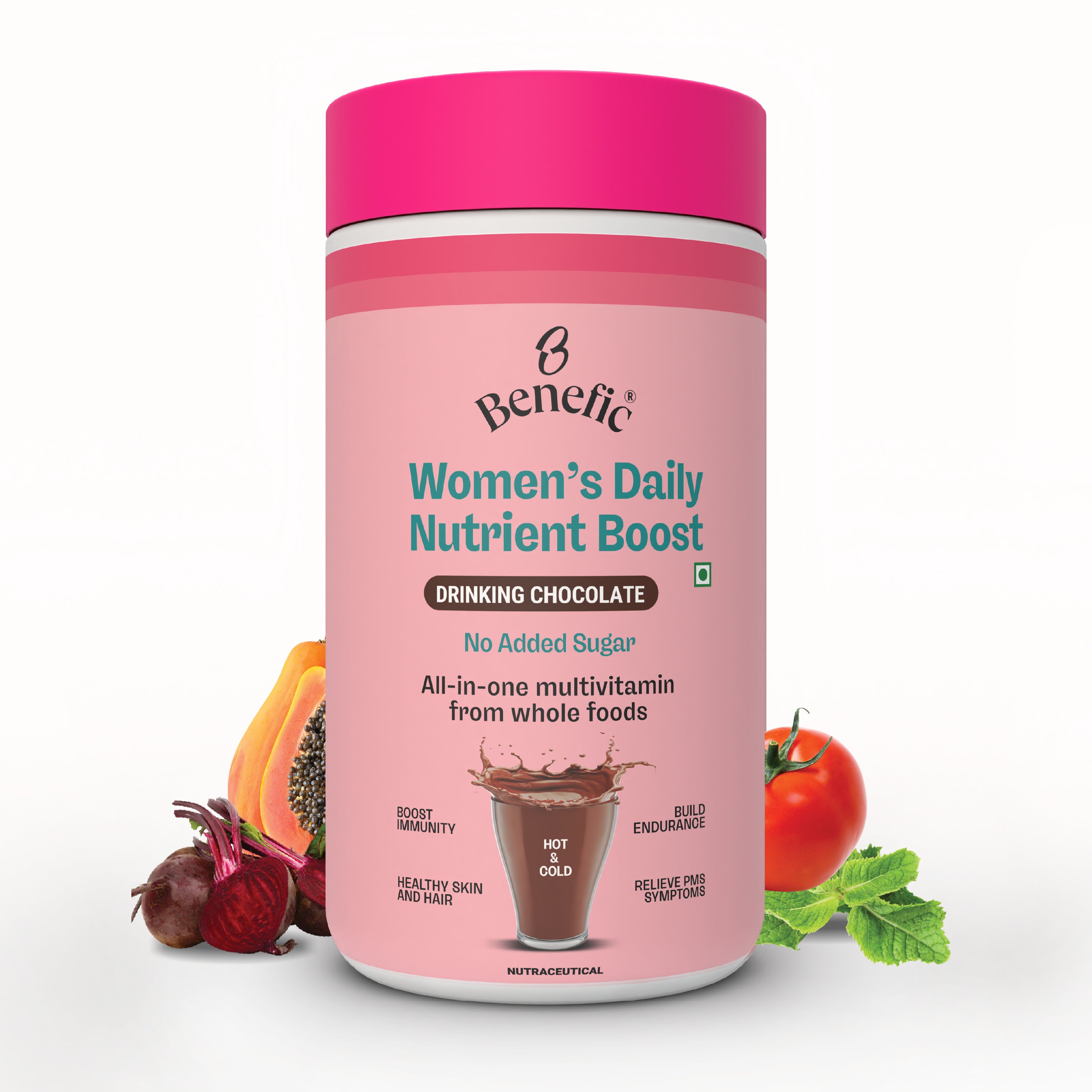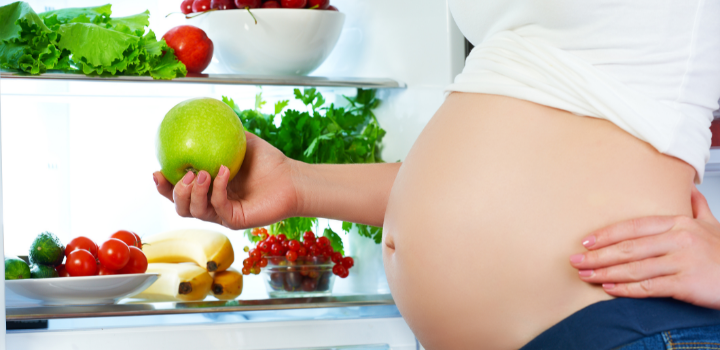Pregnancy is a beautiful journey, but it can also be confusing – especially when it comes to food! You want to nourish your growing baby with the best possible nutrients, but there are also certain foods that can be risky. Let's focus on what to avoid if you're pregnant, as some foods could make you ill or harm your baby.
-
High Mercury Fish
Mercury is a highly toxic element commonly found in polluted seas; large marine fish can accumulate high amounts of mercury. Therefore, it is best to avoid high mercury fish while pregnant and breastfeeding. High levels of mercury could harm your baby's developing nervous system. Generally, the bigger and older the fish, the more mercury it is likely to contain.
Avoid high-mercury fish like shark, swordfish, king mackerel, marlin, tilefish, and orange roughy. Opt for safer, lower-mercury options like salmon, cod, flounder, tilapia, or trout.
-
Raw or undercooked fish
Raw fish or undercooked fish, especially shellfish, can cause several infections, including bacterial, viral or parasitic infections, such as Salmonella, Norovirus, Vibrio, and Listeria.
According to the American Centers for Disease Control and Prevention (CDC), pregnant women have up to 10 times more chances of getting infected by Listeria than the general population. Studies have shown that Listeria bacteria can be passed to the baby through the placenta. These infections could lead to miscarriage, stillbirth and other serious health issues.
-
Raw sprouts in a salad buffet
We are not referring to raw sprouts you make at home. We are talking about the raw sprouts at the open salad buffet at your local grocery store or some other restaurants that may serve low-quality sprouts, which might not be safe. If you are unsure, cook sprouts thoroughly because there is a higher risk of getting Salmonella when you consume raw sprouts.
-
Raw eggs
Raw eggs can carry Salmonella. Avoid lightly cooked or raw eggs in foods like homemade mayonnaise, salad dressings, or ice cream. Opt for pasteurised egg products or fully cooked eggs. Although Salmonella is unlikely to harm your unborn baby, you could get food poisoning.
-
Undercooked, raw and processed meat
Undercooked or processed meats can harbour harmful bacteria like E. coli, Listeria, and Toxoplasma. These can cause food poisoning or even miscarriage. Avoid raw or undercooked meat, including burgers, hot dogs, deli meats, and sausages. Reheat processed meats until steaming hot and wash all surfaces and utensils thoroughly after handling raw meat.
-
Unwashed fresh produce
Most of the surfaces of unwashed or peeled fruits and vegetables may be contaminated with several bacteria and parasites. Mostly Toxoplasma, E.coli, Salmonella and Listeria, acquired from soil or through handling. While pregnant, it is essential to minimise the risk of infection by thoroughly washing them with water, peeling or cooking. Keep it up as a good habit even after the baby arrives.
-
Unpasteurised milk, cheese, and fruit juice
Unpasteurized milk, cheese, and juices can contain harmful bacteria like Listeria and E. coli. These can cause serious health problems for you and your baby. Stick to pasteurised dairy products, cheese and fruit juices.
-
Avoid alcohol intake
It is advised to avoid drinking alcohol during pregnancy altogether, as it can lead to long-term harm to your baby. Alcohol intake during pregnancy has been shown to increase the risk of miscarriage and stillbirth. Even a small amount of alcohol could negatively impact the baby's brain development. Alcohol intake can also cause foetal alcohol syndrome, leading to facial deformities and heart defects. No amount of alcohol intake during pregnancy is proven safe during pregnancy.
-
Avoid excess caffeine
Caffeine can cross the placenta; the health effects can vary. High caffeine intake during pregnancy may limit the baby's growth. Limit the amount of caffeine intake to 200 mg a day during pregnancy (which is about 2-3 cups of coffee). For perspective, a 240 ml cup of brewed coffee contains about 95 mg of caffeine, and a cup of brewed tea contains 47 mg.
-
Refined carbs/ sugar
It is the most important thing. When women get pregnant, they have specific cravings and consume anything they want, like ice cream—refined carbohydrates, and sugar. You have to realise that this will set you up for insulin resistance, maybe even pre-diabetes and gestational diabetes, not to mention depleting many vitamins and minerals.
If you have a growing baby inside you, you want to keep your carbs low simply because that baby is getting everything you're consuming, and you could potentially set that baby up for a pre-diabetic state as they age.
-
Rice / Grains
You want to avoid rice/grains because they are high in phytic acid, which will also deplete Zinc and other minerals.
It is critical to avoid foods and beverages that put you and your baby at risk during pregnancy.
Food like unpasteurised dairy and juices, high mercury fish, raw fish, and alcohol should be avoided. Certain foods and beverages like coffee and foods high in added sugar should be limited to promote a healthy pregnancy.
Eating processed junk foods during pregnancy could increase the risk of gestational diabetes, excessive weight gain and other complications.
Making smart food choices during this period can have long-term health benefits for you and your baby.
